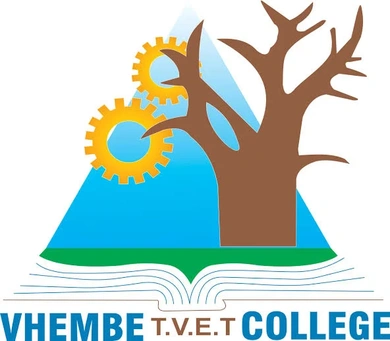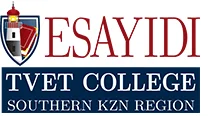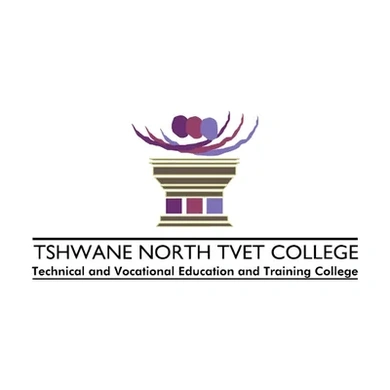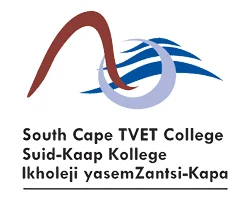Vhembe TVET College is a Technical and Vocational Education and Training institution located in the Limpopo province of South Africa. The college is committed to providing high-quality education and training to students from different backgrounds and preparing them for the workforce. With its focus on practical training and community engagement, Vhembe TVET College is helping to develop a skilled and knowledgeable workforce that can contribute to the growth and development of the region.
Vhembe TVET College has several campuses located in the different towns of the Vhembe District Municipality, including Makhado, Thohoyandou, and Makwarela. Each campus offers a range of courses in various fields, including engineering, business studies, tourism, hospitality, and information technology.
One of the key benefits of studying at Vhembe TVET College is the range of qualifications it offers, from National Certificate (Vocational) to National Diploma. This allows students to progress through the levels and build their skills and knowledge over time, while also being able to enter the workforce at different stages of their studies. The college also offers learnerships and skills programmes that are designed to meet the specific needs of the local industry.
Vhembe TVET College places a strong emphasis on practical training and work-integrated learning, ensuring that students have the opportunity to gain hands-on experience in their chosen field. This can help to improve their employability and ensure that they are ready to enter the workforce as soon as they complete their studies.
The college also provides a range of support services to students, including academic support, career guidance, and counselling services. This helps to ensure that students are able to achieve their academic goals and are equipped with the necessary skills and knowledge to succeed in their chosen career.
Another important aspect of Vhembe TVET College is its community engagement initiatives. The college works closely with local businesses, industries, and government to identify skills gaps and develop training programmes that are tailored to meet the needs of the local workforce. This helps to ensure that graduates are well-prepared for the demands of the job market and can make a positive contribution to the local economy







